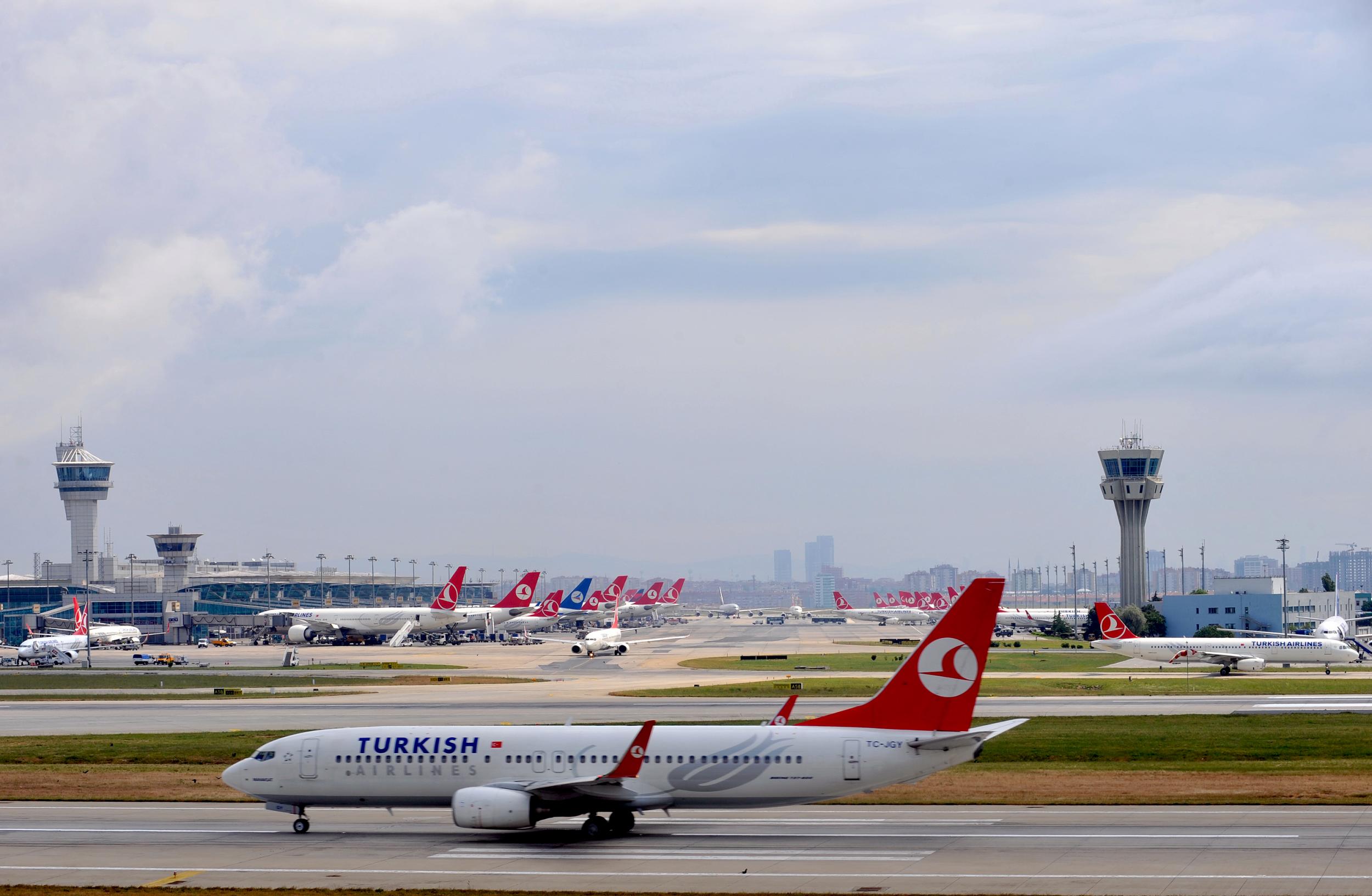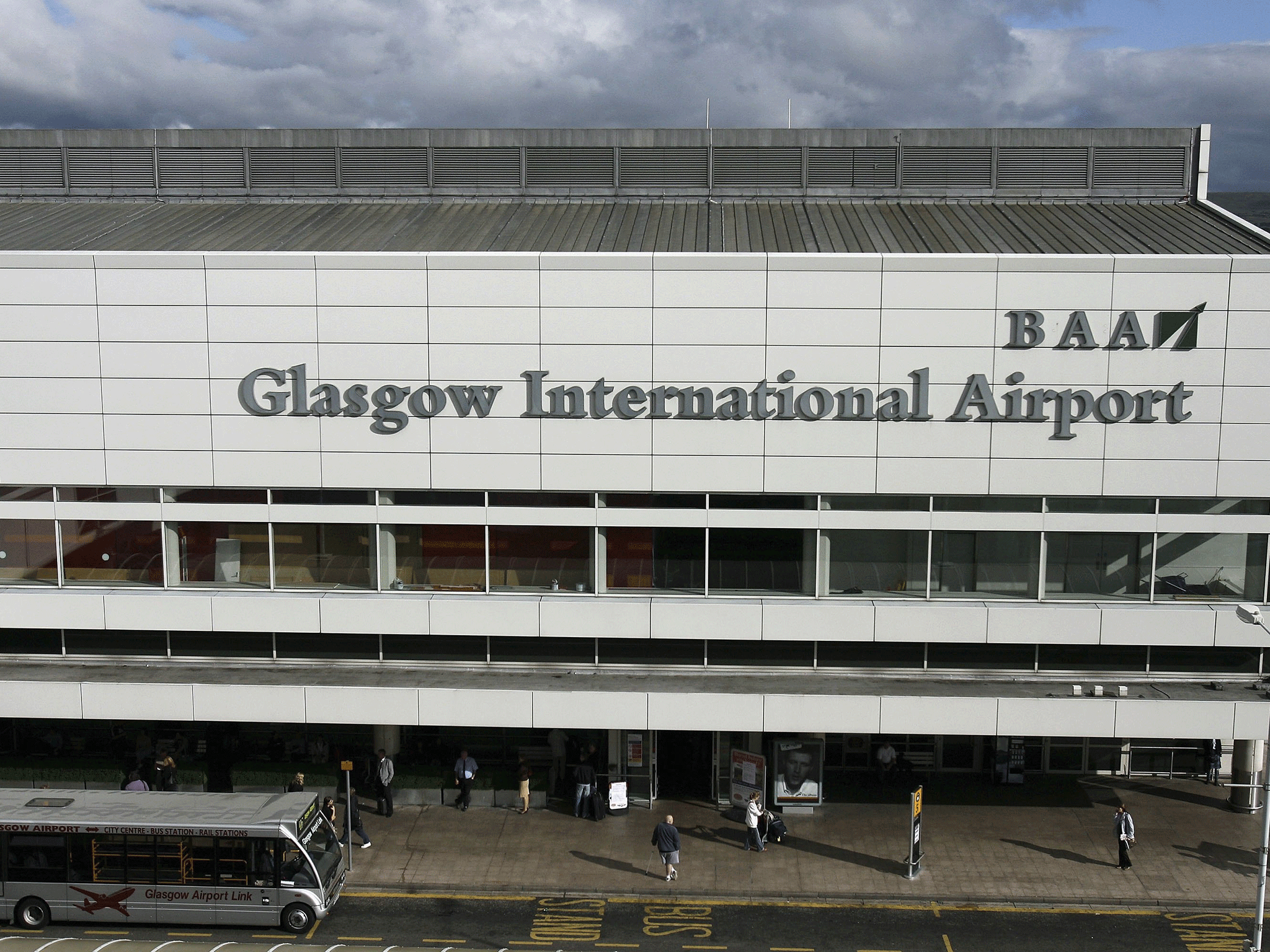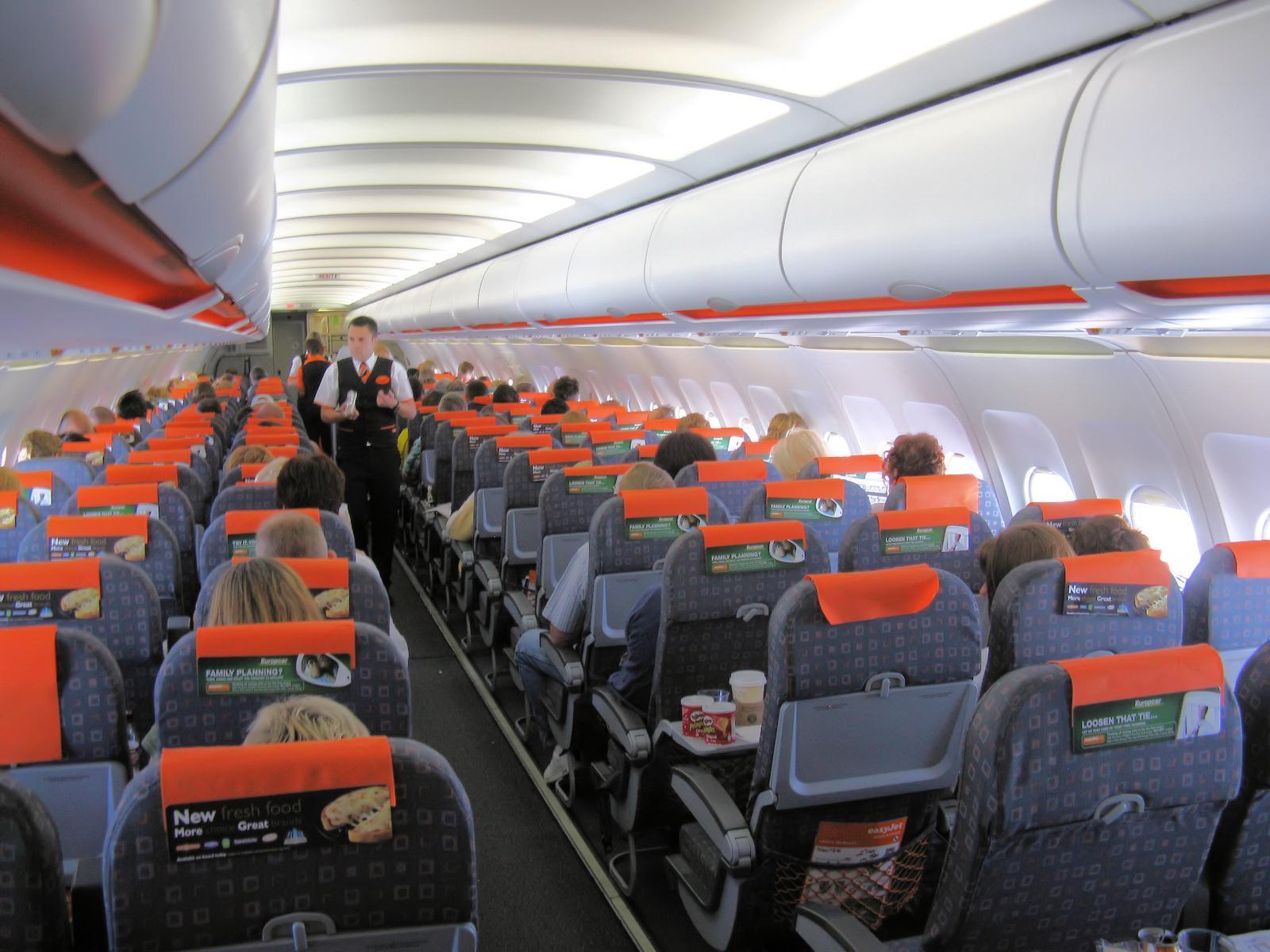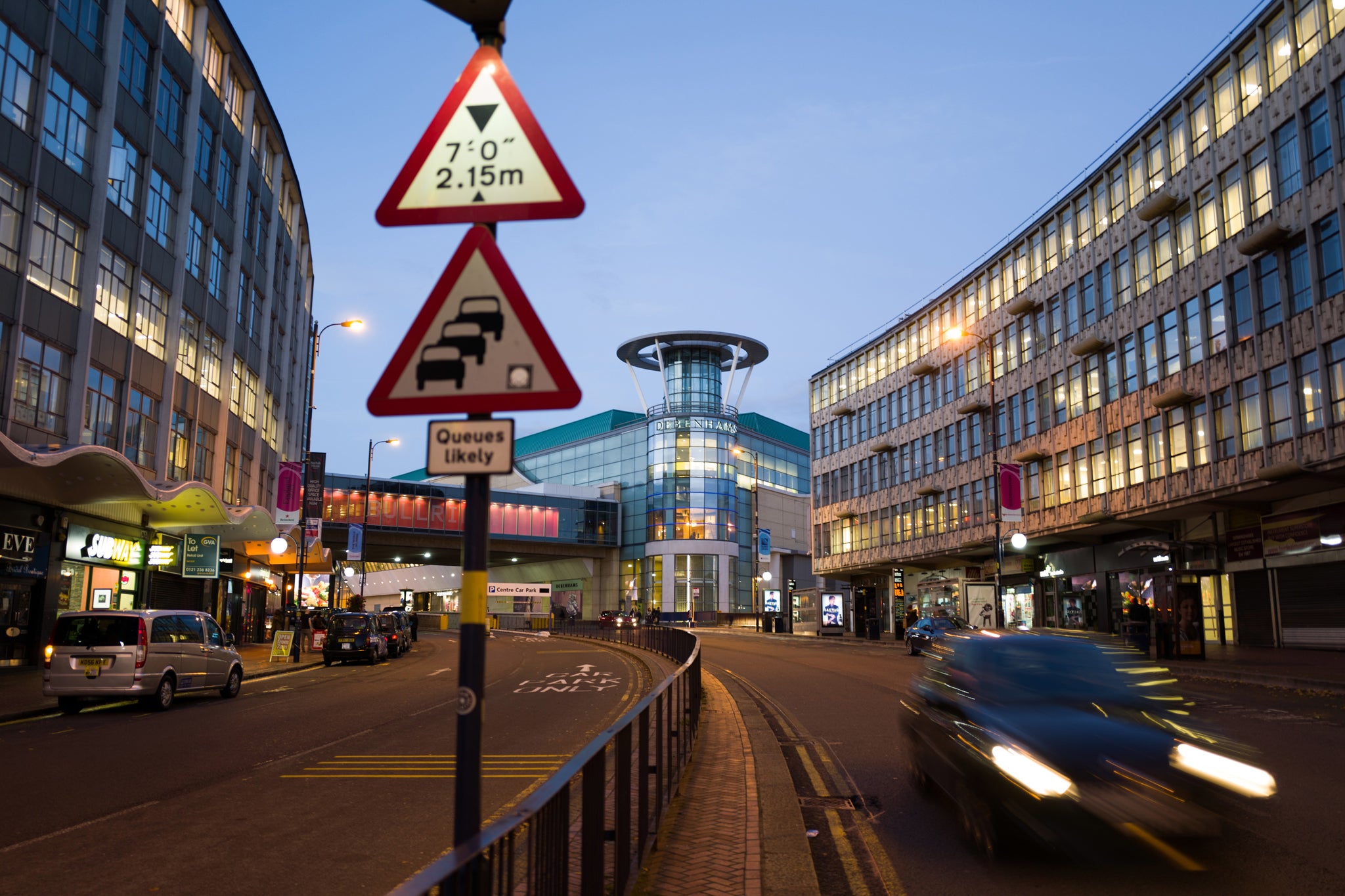How to travel cheaply: save money on flights, trains, ferries and road travel
In the first of our three-part series, we bring you the best ways to keep your break on budget

Your support helps us to tell the story
From reproductive rights to climate change to Big Tech, The Independent is on the ground when the story is developing. Whether it's investigating the financials of Elon Musk's pro-Trump PAC or producing our latest documentary, 'The A Word', which shines a light on the American women fighting for reproductive rights, we know how important it is to parse out the facts from the messaging.
At such a critical moment in US history, we need reporters on the ground. Your donation allows us to keep sending journalists to speak to both sides of the story.
The Independent is trusted by Americans across the entire political spectrum. And unlike many other quality news outlets, we choose not to lock Americans out of our reporting and analysis with paywalls. We believe quality journalism should be available to everyone, paid for by those who can afford it.
Your support makes all the difference.In the bad old days, fares for trains, boats and planes were fixed. The only variable was how crowded they were. On a Tuesday lunchtime, not many people wanted to travel, so you could look forward to plenty of room. But on Friday evening everyone wanted to depart at the same time, leading to overcrowding so bad that sometimes people had to sit on the floor of the train between London and York.
The simple answer to how to get a cheap ticket? Travel when other people don’t want to
This situation was absurd. The airlines led the way with “yield management” — the dark art of squeezing the maximum revenue from each traveller while filling as many seats as possible. That might sound unfriendly, but in fact yield management represents excellent customer service. Travellers whose main aim is a cheap ticket are rewarded for avoiding the peaks, while people who insist on travelling at the most desirable times pay a premium for the privilege. Effectively, fares are set according to the demand from other passengers.
That model has spread to ferries, long-distance buses and trains (with the exception of regulated “walk-up” fares). So the simple answer to the question “how do I get a cheap ticket?” is: travel when other people don’t want to. Each mode of transport has its foibles, of course...
Flights
For short-haul leisure destinations, the quick way to get a decent fare is to avoid the school holidays. With family travel largely constrained to about one-quarter of the year, each time term ends there is a surge in demand that continues until the schools go back.

If you can’t avoid the school break and you live in the north of England or the south of Scotland, take advantage of the differences in holiday patterns for some cross-border flying: Scottish travellers should head south to Newcastle or Manchester airport in early July for cheap deals, while English holidaymakers can make the journey to Glasgow or Edinburgh airport in late August.
Failing that, try to save by working around the margins. Flying on a Friday evening at the end of term may well be cheaper than Saturday morning, and during half-term, travelling out on Monday and back on Friday could halve the fare (and nearly halve the amount of time you spend away) compared with a weekend-to-weekend trip.

For longer trips, breaking the journey is likely to save you money, because you are choosing a less desirable product. Passengers will typically pay a big premium for non-stop flights. So a Dublin-London-New York ticket with British Airways will almost always cost less than a London-New York non-stop.
The more indirect the routing, usually the higher the savings: backtracking from Britain to Germany or Scandinavia can be cost-effective, though Icelandair actually offers very good journey times as well as good fares from a range of UK airports to North America through its Reykjavik hub. And if you stop over outbound in the Icelandic capital for 24 hours or more, your Air Passenger Duty (APD) liability drops from £73 to £13.
Going east and south, the big Middle Eastern airlines - Emirates, Etihad and Qatar Airways - often offer the best deals, though Turkish Airlines is currently undercutting the market to a range of destinations (and also saves on APD if you stop over outbound for at least 24 hours).
Good but less-fashionable carriers, such as China Southern via Guangzhou, Malaysia Airlines via Kuala Lumpur or Ethiopian Airlines via Addis Ababa, offer good value. You can typically save £100 or more to the Far East, South-east Asia or southern Africa.
The best time to book? If you plan to travel during school holidays, then buy as soon as the dates you want go on sale. For most airlines it’s between 335 and 355 days before departure, though low-cost carriers such as easyJet and Ryanair tend to put tranches of flights on sale about four times a year; you can sign up for alerts, so you’re ready to go when your chosen dates appear on sale.

Outside the peaks, many short-haul air fares tend to dip between two months and two weeks before departure, as carriers seek to stimulate demand and fill seats. They then climb steadily, reaching a peak shortly before departure.
Long-haul, though, you can afford to relax. Indeed committing many months ahead for a non-refundable ticket can prove very expensive, as countless cases received by The Independent travel desk reveal. For a November trip to somewhere like Bangkok, I would be confident of finding cheap seats on the day of travel, which removes all risk of “buyer’s remorse”.
Rail
Train operators apply yield-management techniques to Advance tickets, but they tend to be more passive in the process than airlines. Rarely do prices dip below the fares available when tickets first go on sale, usually 12 weeks before departure. So that is usually the best time to book. But reasonable deals are available up until the day before, and, on CrossCountry, up to 10 minutes before departure.
Advance tickets also secure discounts with most railcards even during the morning peak — and a seat reservation, which can be handy for travelling politicians.
If you can’t book ahead, then try to take advantage of competition between train operators. There is usually a trade-off between speed and price. The best opportunities are between Birmingham and London. Virgin Trains is faster but often much more expensive than London Midland to and from Euston, while Chiltern offers low peak fares, speedy journeys and pretty scenery to and from Marylebone.

On the East Coast, Hull Trains and Grand Central provide competition for Virgin. Going west, South West Trains is an hour slower between Exeter and London than GWR, while between the capital and Gatwick airport Thameslink routinely undercuts Southern and the Gatwick Express - even though they are part of the same franchise.
Ferry
The big bargain that has quietly emerged in the past couple of years is the Caledonian Macbrayne network of ferries in western Scotland. The Road Equivalent Tariff policy of the Scottish government means that journeys for motorists should not cost significantly more than driving the same distance on land. Fares for foot passengers have also fallen proportionately. Advance booking is not necessary, unless you want to make sure of a space on a busy service.
Elsewhere, ferries across the Irish Sea and the English Channel (as well as Eurotunnel shuttles between Folkestone and Calais) mostly follow the principles of yield management: book well in advance and travel off-peak for the best deal. Unlike the airlines, though, ferry firms tend to be more forgiving about the specific service, and will often let you travel on the departure immediately before or after the sailing you are booked on.
Hitch-hiking
The reason you hardly ever see a hitch-hiker in the UK these days is partly due to the easy availability of low fares, particularly on long-distance buses. It could also have something to do with the unfounded perception that thumbing a ride is more dangerous than it used to be; in fact, it is much safer, thanks mostly to the much diminished road-accident rate compared with the era when hitching was in its heyday.

The principles remain unchanged. Choose somewhere to stand where drivers can see you (and you can make eye contact with them) and can stop safely. If there is any ambivalence about where you might be heading, then write your destination, boldly, on a piece of card. And be prepared to wait anything between a few seconds and a few hours.
In my experience the driver is unlikely to be heading straight to your front door; a large part of the art of hitch-hiking is knowing where to get out of your current lift in order to maximise your chances of the next lift. Motorway service stations are good, all-motorway junctions are bad (and illegal). A useful adjunct is a smartphone with a maps app, or even a road map. Best of all is a lift with a former hitcher, who will probably know the most advantageous place to drop you.
Join our commenting forum
Join thought-provoking conversations, follow other Independent readers and see their replies
Comments